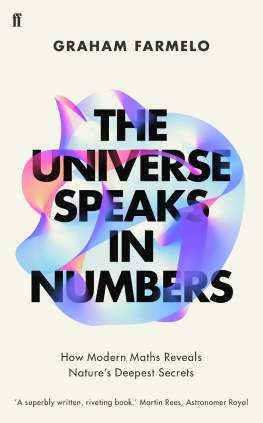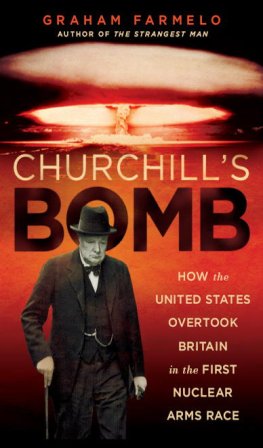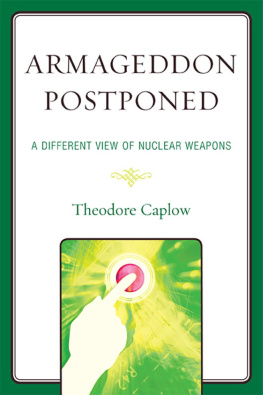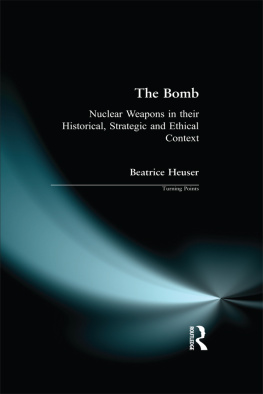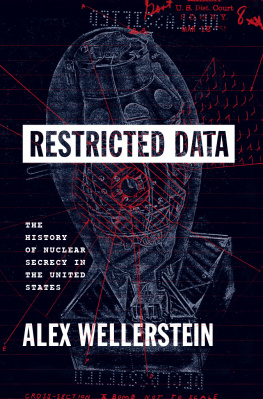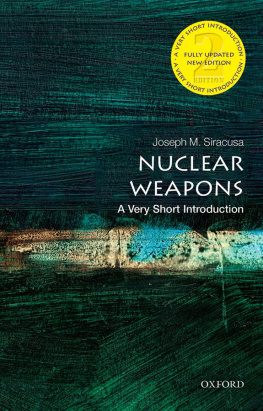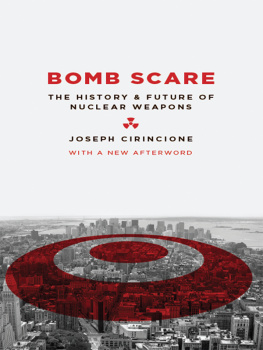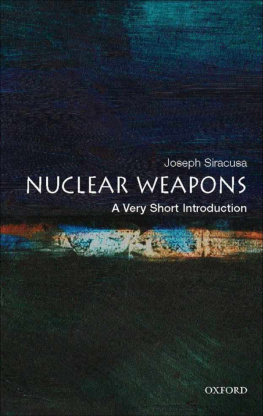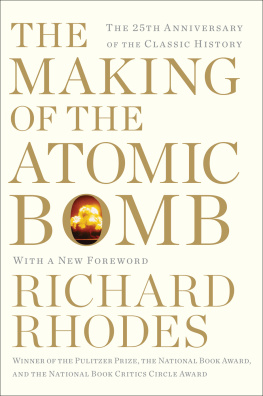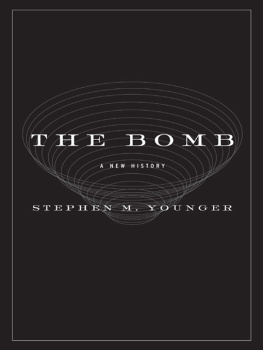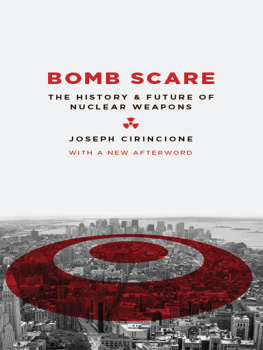Graham Farmelo - Churchills Bomb: How the United States Overtook Britain in the First Nuclear Arms Race
Here you can read online Graham Farmelo - Churchills Bomb: How the United States Overtook Britain in the First Nuclear Arms Race full text of the book (entire story) in english for free. Download pdf and epub, get meaning, cover and reviews about this ebook. year: 2013, publisher: Basic Books, genre: History. Description of the work, (preface) as well as reviews are available. Best literature library LitArk.com created for fans of good reading and offers a wide selection of genres:
Romance novel
Science fiction
Adventure
Detective
Science
History
Home and family
Prose
Art
Politics
Computer
Non-fiction
Religion
Business
Children
Humor
Choose a favorite category and find really read worthwhile books. Enjoy immersion in the world of imagination, feel the emotions of the characters or learn something new for yourself, make an fascinating discovery.

- Book:Churchills Bomb: How the United States Overtook Britain in the First Nuclear Arms Race
- Author:
- Publisher:Basic Books
- Genre:
- Year:2013
- Rating:4 / 5
- Favourites:Add to favourites
- Your mark:
Churchills Bomb: How the United States Overtook Britain in the First Nuclear Arms Race: summary, description and annotation
We offer to read an annotation, description, summary or preface (depends on what the author of the book "Churchills Bomb: How the United States Overtook Britain in the First Nuclear Arms Race" wrote himself). If you haven't found the necessary information about the book — write in the comments, we will try to find it.
As award-winning biographer and science writer Graham Farmelo describes in Churchills Bomb, the British set out to investigate the possibility of building nuclear weapons before their American colleagues. But when scientists in Britain first discovered a way to build an atomic bomb, Prime Minister Winston Churchill did not make the most of his countrys lead and was slow to realize the Bombs strategic implications. This was oddhe prided himself on recognizing the military potential of new science and, in the 1920s and 1930s, had repeatedly pointed out that nuclear weapons would likely be developed soon. In developing the Bomb, however, he marginalized some of his countrys most brilliant scientists, choosing to rely mainly on the counsel of his friend Frederick Lindemann, an Oxford physicist with often wayward judgment. Churchill also failed to capitalize on Franklin Roosevelts generous offer to work jointly on the Bomb, and ultimately ceded Britains initiative to the Americans, whose successful development and deployment of the Bomb placed the United States in a position of supreme power at the dawn of the nuclear age. After the war, President Truman and his administration refused to acknowledge a secret cooperation agreement forged by Churchill and Roosevelt and froze Britain out of nuclear development, leaving Britain to make its own way. Dismayed, Churchill worked to restore the relationship. Churchill came to be terrified by the possibility of thermonuclear war, and emerged as a pioneer of dtente in the early stages of the Cold War.
Contrasting Churchills often inattentive leadership with Franklin Roosevelts decisiveness, Churchills Bomb reveals the secret history of the weapon that transformed modern geopolitics.
Graham Farmelo: author's other books
Who wrote Churchills Bomb: How the United States Overtook Britain in the First Nuclear Arms Race? Find out the surname, the name of the author of the book and a list of all author's works by series.

